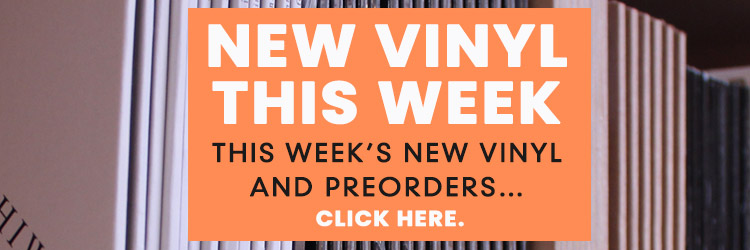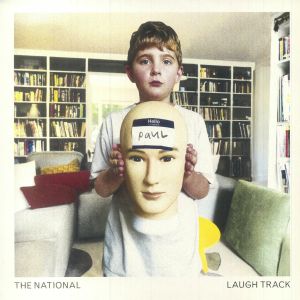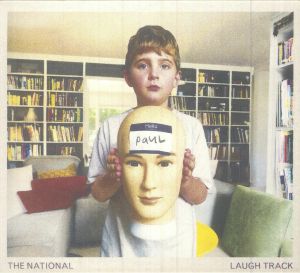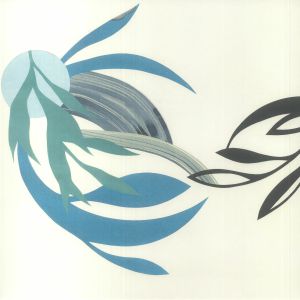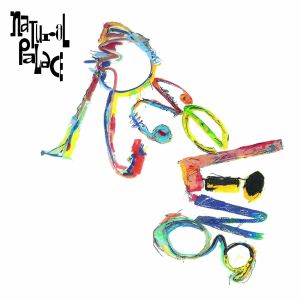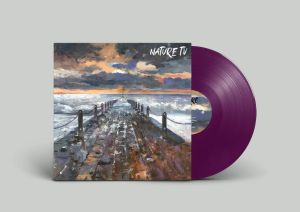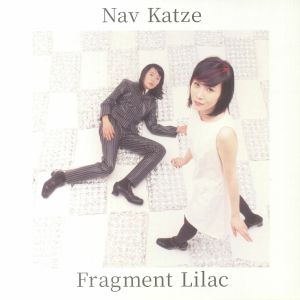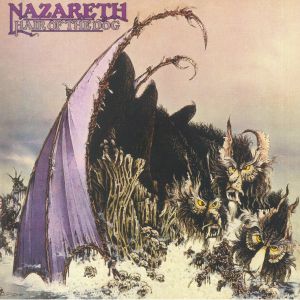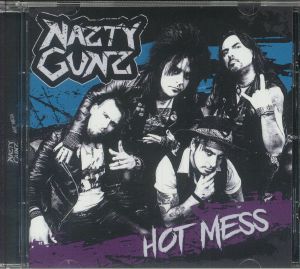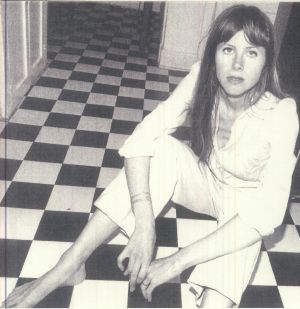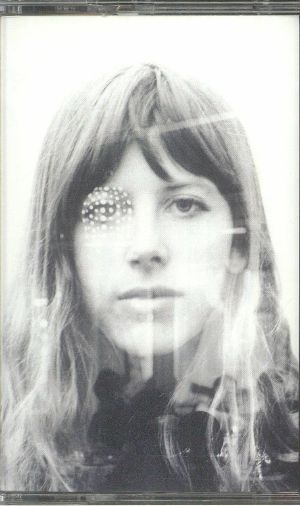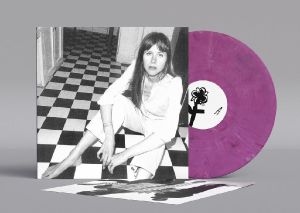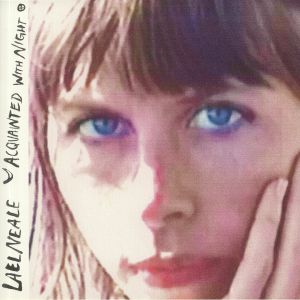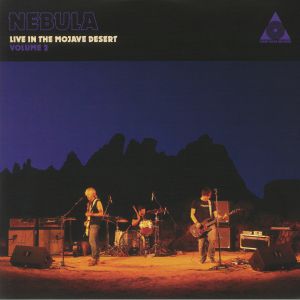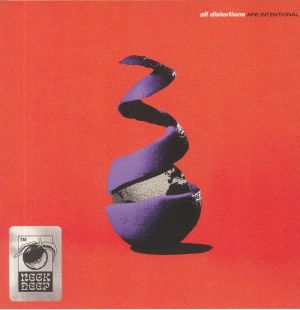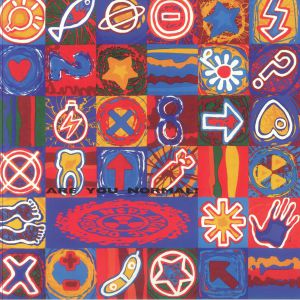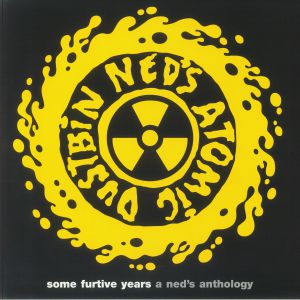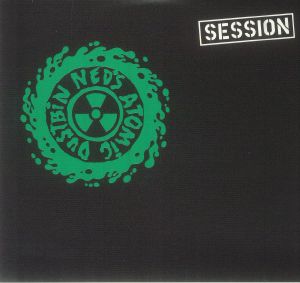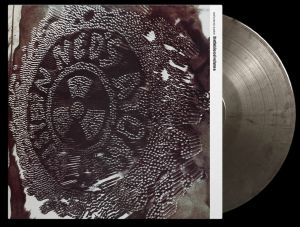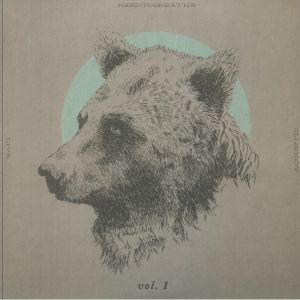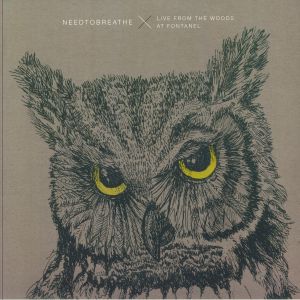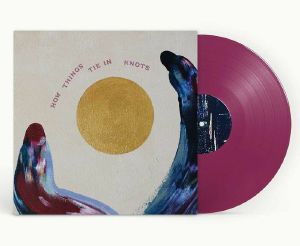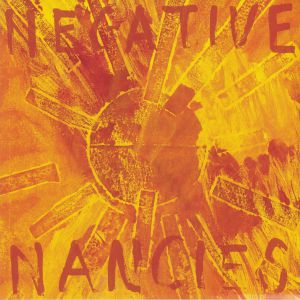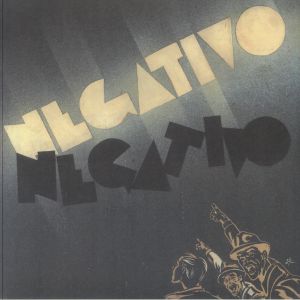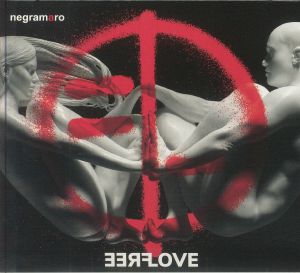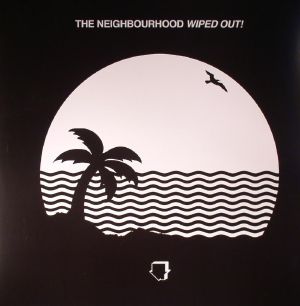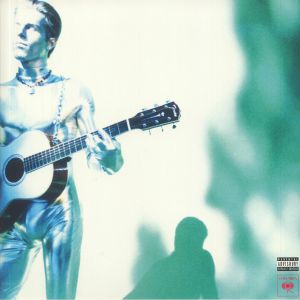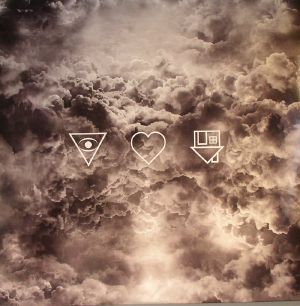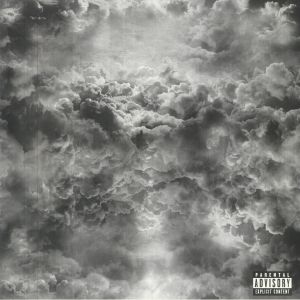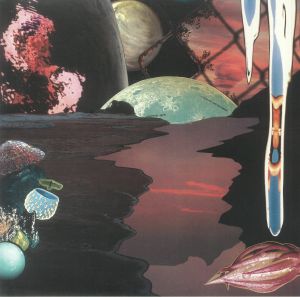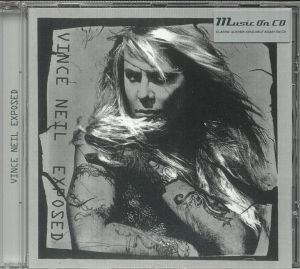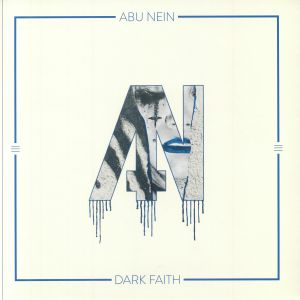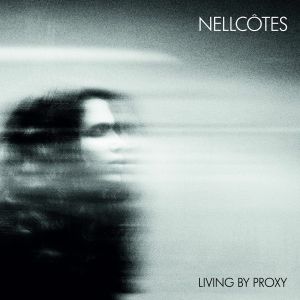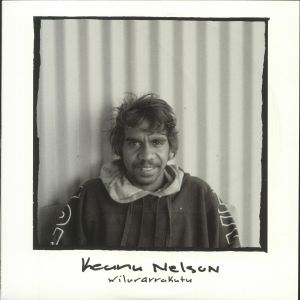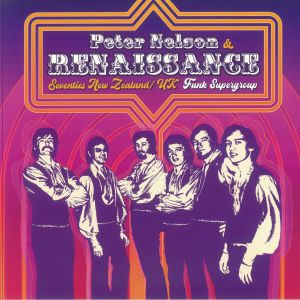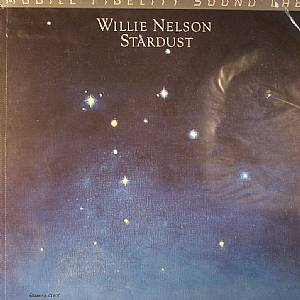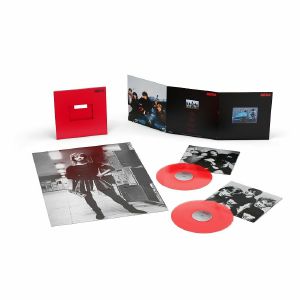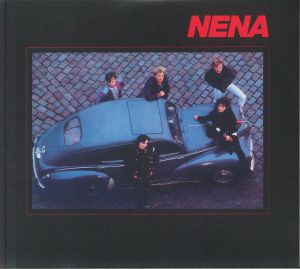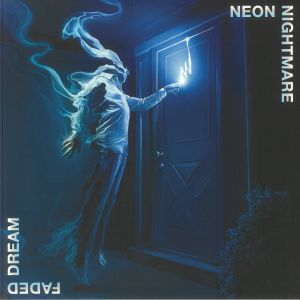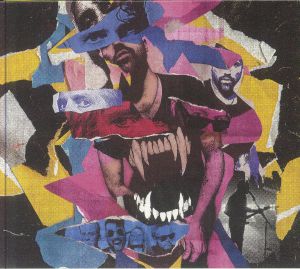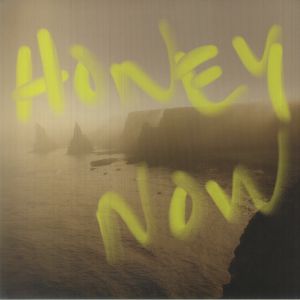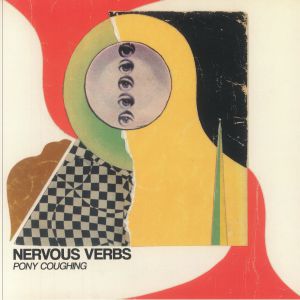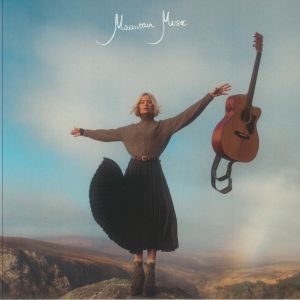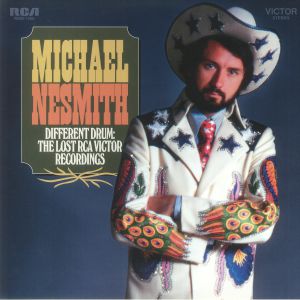Filter
Genre
Release Date
Featured
Release Title
Price
Tags
Back catalogue: All genres
Juno's full catalogue of All genres
Alben
Alphabet City
Deep End (Paul's In Pieces)
Weird Goodbyes (feat Bon Iver)
Turn Off The House
Dreaming
Laugh Track (feat Phoebe Bridgers)
Space Invader
Hornets
Coat On A Hook
Review: Laugh Track is The National's most freewheeling, all-hands-on-deck album in years. If Frankenstein represented a rebuilding of trust between group members after 20+ years together, the vibrant, exploratory Laugh Track is both the product of that faith and a new statement of intent. Revelling in the license to radically upend its creative process, The National honed most of this material in live performances on tour this year and captured those invigorated versions in impromptu sessions at producer Tucker Martine's Portland studio, Flora Recording & Playback. The nearly eight-minute album closer 'Smoke Detector' was recorded in June during a Vancouver soundcheck, completing a body of work bristling with spontaneity and vintage rock energy that makes a perfect complement to the songs found on its more introspective predecessor.
… Read more in stock $33.37
in stock $12.89
in stock $15.99
in stock $20.76
Unlucky For Some (gatefold translucent purple vinyl LP)
Cat: HEIST 280LP. Rel: 08 May 25
Indie/Alternative
in stock $24.40
Review: One of many names in the pantheons of Tokyo's electronic music triumphs, despite their acclaim, reverence among boffins, and the sprinkling of high profile UK remixers that helped spread their output further (copies of reworkings by The Black Dog, Autechre and Global Communication fetch a fair song on the resale market) most will never have heard about Nav Katze. Their loss, and one we'd like to put right if possible.
Formed in 1984 as a trio - Naoko Iimura (guitar), Miwako Yamaguchi (vocals and bass), and Shino Furutachi (drums) - the band would put out two well received record on SWITCH before migrating to the far more prominent label Victor Music Industries for 1991's Kanki, at which point three became two with Furutachi stepping down. This package showcases not only why their original material was so sought after, with trance notes, IDM and ambient and pop meeting in beautiful soundscapes - but also what can happen when new parties get involved, with remixes from Aphex Twin, Sun Electric and Disjecta included.
… Read moreFormed in 1984 as a trio - Naoko Iimura (guitar), Miwako Yamaguchi (vocals and bass), and Shino Furutachi (drums) - the band would put out two well received record on SWITCH before migrating to the far more prominent label Victor Music Industries for 1991's Kanki, at which point three became two with Furutachi stepping down. This package showcases not only why their original material was so sought after, with trance notes, IDM and ambient and pop meeting in beautiful soundscapes - but also what can happen when new parties get involved, with remixes from Aphex Twin, Sun Electric and Disjecta included.
in stock $54.12
in stock $30.27
in stock $27.20
Cat: SFOM 6072. Rel: 11 Mar 25
Rock
in stock $14.03
in stock $14.58
in stock $12.89
in stock $12.14
Altogether Stranger (Loser Edition) (magenta bio vinyl LP)
Cat: SP 1657X. Rel: 01 May 25
Indie/Alternative
in stock $24.95
in stock $24.67
in stock $29.45
Cat: HR 28252. Rel: 27 Jul 20
Indie/Alternative
in stock $10.94
Are You Normal? (reissue) (limited 180 gram audiophile translucent red vinyl LP + insert)
Cat: MOVLP 3329R. Rel: 11 Feb 25
Indie/Alternative
Review: A fantastic new pressing of a band who were an important part of the grebo scene in the late 80s and early 90s. Having earned a loyal fanbase with God Fodder, which is their electronically-tinged grunge and pop-punk leaning debut album, this follow-up showed them buck the trend of the difficult second album and deliver the goods. The chart-bothering single 'Not Sleeping Around' is a banger with Stone Roses-y wah guitars, an infectious vocal melody and urgent, hard-hitting rock structure. The same year this was originally released they headlined the NME stage at Glastonbury and cemented their reputation as one of the best live bands in Britain of that time.
… Read more in stock $33.64
Some Furtive Years: A Ned's Anthology (reissue) (limited numbered 180 gram audiophile yellow 2xLP (side 4 etched) + insert)
Cat: MOVLP 3331C. Rel: 20 Aug 24
Indie/Alternative
Review: Some Furtive Years - A Ned's Anthology is an excellent collection from the 90s Britpop band Ned's Atomic Dustbin, known for their edgy blend of punk and funk-influenced pop songs that impressed the UK fans and beyond from 1991 to 1995. This compilation, assembled with the band's input in 2007, includes 16 of their most beloved tracks, such as 'Grey Cell Green,' 'Kill Your Television,' 'Until You Find Out,' 'Not Sleeping Around,' and 'Cut Up.' Furtive Years effectively highlights the best of Ned's Atomic Dustbin, showcasing the band's high-energy, post-"Madchester" alternative rock sound and proving just how underrated they were. For the first time, Some Furtive Years - A Ned's Anthology is available on vinyl as a limited edition release. This 2LP set is pressed on yellow-colored 180-gram audiophile vinyl with an etched D-side and includes an insert.
… Read more in stock $43.73
in stock $13.18
Brainbloodvolume (reissue) (limited numbered 180 gram audiophile silver & black marbled vinyl LP + insert)
Cat: MOVLP 3330C. Rel: 30 Jul 24
Indie/Alternative
Review: Ned's Atomic Dustbin's final studio album, Brainbloodvolume, marks a departure from the Stourbridge earlier pop roots, embracing a diverse array of styles and experimental approaches. Released initially in the U.S. in March 1995 before reaching the U.K. in July that year, the album received a mixed reception due to the overwhelming Brit-pop wave at the time. However, it stands out as an ambitious and energetic release, showing the band's evolution with ultramodern production, electronic elements and adventurous sampling.
… Read more in stock $34.77
Acoustic Live Vol 1 (gatefold 2xLP (side 4 laser etched))
Cat: 081007 5114454. Rel: 21 Nov 24
Indie/Alternative
in stock $32.82
Live From The Woods At Fontanel (gatefold ocean blue vinyl 2xLP + insert)
Cat: 081007 5114652. Rel: 21 Nov 24
Indie/Alternative
in stock $25.14
How Things Tie In Knots (180 gram transparent purple vinyl LP + insert)
Cat: TAR 160V. Rel: 27 Mar 25
Indie/Alternative
in stock $22.42
in stock $20.76
in stock $31.68
in stock $23.27
Review: This troupe, fronted by the honeyed tones of vocalist and former child actor Jessie Rutherford, have their set their stall out with a sound that could scarcely sound more like their homeland of California - expansive, carefree and slick as always. 'Wiped Out' takes their R&B-tinged indie-pop sound, to a beachside destination where the sun-kissed retro-pop of Phoenix melds with both quasi-surf ambience and the midnight R&B of Frank Ocean to result in an atmosphere for daydreaming and nightlife alike. 'Wiped Out' may win no awards for earthiness or grit, yet these winter months seem an ideal time for such easygoing escapism.
… Read more in stock $32.82
Chip Chrome & The Mono Tones (gatefold 180 gram vinyl 2xLP + insert)
Cat: 194397 99921. Rel: 27 Nov 20
Indie/Alternative
in stock $32.82
I Love You (180 gram vinyl 2xLP + MP3 download code)
Cat: CBS 370493. Rel: 20 Jun 15
Indie/Alternative
in stock $30.27
I Love You (10th Anniversary Edition) (heavyweight vinyl 2xLP (indie exclusive))
Cat: 196588 10241. Rel: 18 Jan 24
Indie/Alternative
in stock $38.60
in stock $23.54
in stock $15.43
in stock $24.67
in stock $23.27
Living By Proxy (numbered lathe cut 10" LP limited to 50 copies)
Cat: SR 022. Rel: 30 Jan 25
Indie/Alternative
in stock $22.42
Wilurarrakutu (translucent tea vinyl LP + insert in spot-varnished sleeve)
Cat: MRI 211LPC1. Rel: 01 Oct 24
Balearic/Downtempo
Review: Futreu cult classic alert: Wilurarrakutu is the captivating debut album from Papunya-based young Aboriginal Australian artist Keanu Nelson in which he blends intimate storytelling with minimalist, DIY electronic soundscapes. Sung in both Papunya Luritja and English, the eight tracks draw from Nelson's personal notebooks and feature Casio keyboards, drum machines, and subtle synths all with a made--on-the-kitchen-table vine. Created in collaboration with Sydney producer Yuta Matsumura, who Nelson met during a chance visit, the album reflects influences from Papunya's gospel traditions and reggae beats shared in the remote community. Nelson's lyrics touch on family, heritage, and culture, balancing joy and melancholy meaning that Wilurarrakutu offers a tender sonic reflection of home and identity.
… Read more in stock $31.68
Wilurarrakutu (LP + insert in spot-varnished sleeve)
Cat: MRI 211LP. Rel: 19 Sep 24
Balearic/Downtempo
Review: Keanu Nelson is a young Aboriginal Australian artist from the remote community of Papunya, northwest of Alice Springs. He paints in the Western Desert movement style and, on this album, sings poems from his notebook over minimalist Casio beats programmed by Yuta Matsumura. His debut album, which came on the Altered States label, now gets re-issued on a larger scale. Inspired by local gospel and reggae beats, Keanu's songs explore family, home, and loss and he sings in a blend of both Papunya Luritja and English. The result is a haunting, original sound that is part Francis Bebey, part Suicide, and one that feels both familiar and groundbreaking.
… Read moreGespielt von: Marco Gallerani, Juno Recommends Downtempo
in stock $27.77
in stock $48.23
in stock $46.83
Nena (trifold translucent red vinyl 2xLP + poster in spot-varnished die-cut sleeve)
Cat: 964058 681. Rel: 31 Oct 24
Indie/Alternative
Review: Nena's second album, released in 1984 and now reissued on striking red vinyl, was a shift from the assertive sound of their debut, presenting a more romantic and introspective approach. The album cover, featuring a shadowy band photo against a black backdrop and a simple question mark as its title, hints at its deeper emotional themes. While the opening track 'Rette Mich' carries forward the energy of their first album, the overall mood embraces love and longing, with Nena's voice revealing a touching vulnerability. The music leans toward 70s Baroque rock, combined with the catchy simplicity of 80s pop, as all band members contribute to the songwriting, ensuring a rich tapestry of melodic sophistication. The title track, initially released as a mellow single, captures the emotional complexity of desire and resonated deeply with fans, further solidifying Nena's status in the German pop scene. Following the unexpected success of '99 Luftballons', which became a worldwide hit, this album helped elevate Nena and her band beyond the constraints of the Neue Deutsche Welle movement, marking them as a unique force in pop music history. Its timeless appeal ensures that Nena remains a classic in German music.
… Read more in stock $42.35
in stock $15.14
in stock $39.25
in stock $9.81
in stock $23.54
in stock $23.54
in stock $23.84
in stock $24.95
Mountain Music (Mountain View Beach Edition) (blue eco vinyl LP)
Cat: ATR 015LP. Rel: 26 Sep 24
Indie/Alternative
in stock $28.89
in stock $28.04
Different Drum: The Lost RCA Victor Recordings (gatefold translucent blue smoked vinyl 2xLP)
Cat: RLGM 13651PMI. Rel: 11 Aug 22
Folk/Americana
in stock $38.13

 USD
USD





